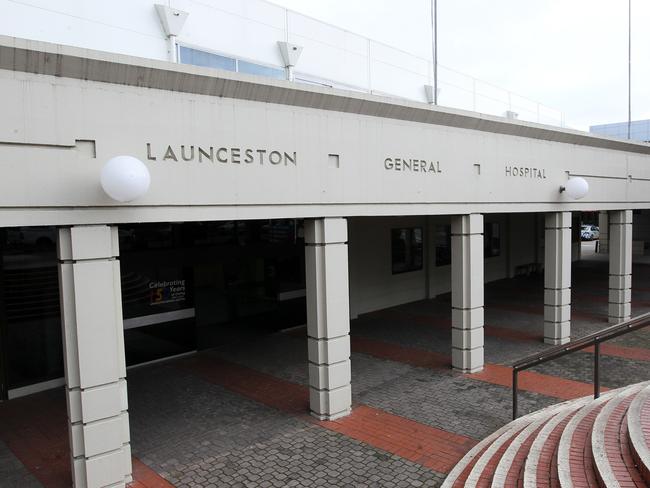Man’s ‘untimely death’ after gallbladder removal operation
A husband and father’s “untimely death” has been blamed on complications following a gallbladder removal operation at a Tasmanian hospital.
Police & Courts
Don't miss out on the headlines from Police & Courts. Followed categories will be added to My News.
HARDWORKING husband and father William Ernest Pears was in excellent health until he developed a stone in his gallbladder.
But it was after he underwent keyhole surgery in 2012 to remove the troubled organ that things fell apart, with the 66-year-old perishing in an “untimely death” three years later.
In his findings released on Wednesday, Coroner Simon Cooper said damage to Mr Pears’ left hepatic duct, which drains bile from the liver, wasn’t detected during the gallbladder removal but concluded “whether it should or could have been identified” was difficult to answer.
Finding Mr Pears died as a result of complications following the operation, Mr Cooper said the damage that wasn’t detected or repaired would likely have been exacerbated by subsequent surgery and ultimately led to his death from liver failure.
Mr Pears spent about five days in intensive care at Launceston General Hospital and a further week in a ward after his right hepatic bile duct was torn away during the 2012 surgery.
After being discharged, he returned three days later for another operation to remove infected tissue before undergoing further surgery in Melbourne several times over the coming years.
His liver started failing in August 2015 and he died the following month after being transferred to George Town District Hospital for palliative care, with his wife sleeping beside him.
The initial operation, which was meant to take one hour but took eight due to complications, was performed by “a third-year advanced surgical trainee” supervised by an experienced surgeon in the next theatre.
Mr Cooper accepted evidence from specialists that it was “not inappropriate” for the trainee to carry out an anatomically normal procedure of that kind, but would need support in more difficult cases.

Mr Cooper said the trainee surgeon appropriately called for help when he found scarring and fibrosis, and was advised to proceed but to avoid the common bile duct.
He again called for help when he was unable, because of the fibrosis, to find a clear plane for dissection, with Mr Pears then undergoing an open gallbladder removal.
In the process, the surgeons found a hole in the right bile duct and repaired it, but did not discover damage to the left hepatic duct.
Mr Cooper said it was unclear whether the surgeons considered abandoning the procedure altogether.
“It certainly should have been, and had it been, the outcome for Mr Pears may well have been very different,” he said.
“Unfortunately, the damage was not detected. This seems to me, looking at the evidence as a whole, to have been the cause of all the problems which subsequently befell Mr Pears, and led to his untimely death.”
Mr Cooper did not make a finding on whether the left duct was damaged during or prior to surgery.


